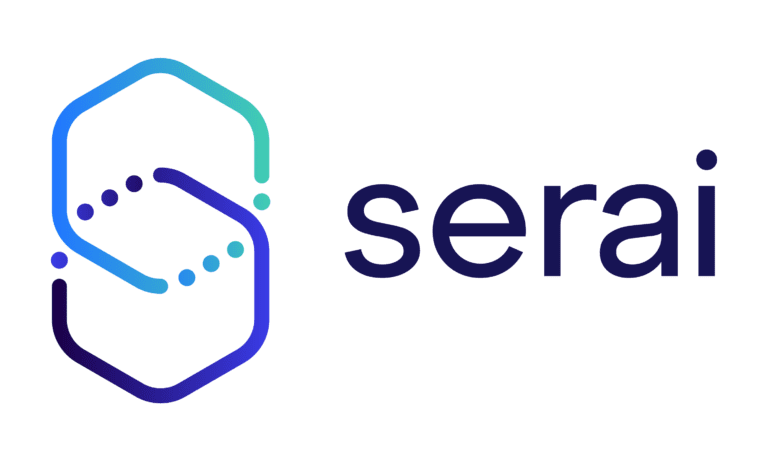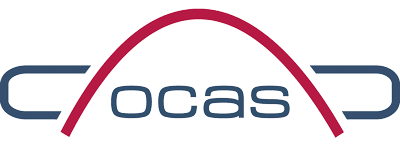Meet the Criteria of
ISO/IEC 42001
Effortlessly achieve ISO/IEC 42001 compliance and confidently navigate regulatory requirements with Modulos AI Governance Platform.

-
Managing Risks and Opportunities
-
Demonstrate Responsible AI Use
-
Ensure Transparency and Reliability
-
Achieve Cost Savings and Efficiency
What is ISO/IEC 42001?
The Core Purpose of ISO/IEC 42001
The core purpose of ISO/IEC 42001 is to provide organizations with a framework for effectively managing their AI systems. It covers various aspects of AI management, including:
Defining AI Policies
Establish clear policies that align with ethical principles and business objectives.
Implementing AI Strategies
Integrate AI systems into broader business processes to support organizational goals.
Maintaining AI Systems
Regularly update and refine AI systems to ensure ongoing reliability and effectiveness.
Driving Continuous Improvement
Encourage iterative enhancements based on performance data, stakeholder feedback, and evolving regulations.
Essential Topics Covered by ISO/IEC 42001
ISO/IEC 42001 ensures effective AI management through several key areas:
Leadership sets AI policies aligned with the organization's vision.
Planning identifies and manages AI risks and opportunities.
Support provides necessary resources and training.
Operations establish procedures for AI system development and maintenance.
Performance evaluation monitors AI systems and implements corrections.
Continuous improvement keeps the AI management system relevant and effective.
Trusted by













How Modulos Simplifies Your Compliance Process
Align with Standards
Modulos provides clear guidance and helps you meet ISO/IEC 42001 requirements by supporting the development and deployment of safe, efficient, and compliant AI systems. The ISO 42001 framework in our platform centralizes evidence collection to demonstrate compliance.
Promote Team Collaboration
Modulos fosters cooperation among various stakeholders involved in the AI lifecycle, including business, data science, risk, and compliance teams. This collaboration ensures continuous assessment, monitoring, and improvement of AI systems in line with ISO 42001 principles and objectives.
Easy Audit Preparation
Modulos automates documentation and audit submissions, making it straightforward to organize and manage essential documents. Our platform ensures that preparing for audits is hassle-free, helping you achieve ISO/IEC 42001 compliance smoothly and efficiently.
Key Benefits Explained
By certifying according to ISO/IEC 42001, businesses and society can maximize the benefits of the safe use of artificial intelligence. Specifically, the advantages for organizations are:
Enhanced Brand Reputation and Awareness
Establishing AI governance by adhering to ethical guidelines and ensuring safety and privacy enhances the trust of stakeholders and potential users of products or services.
Quality and Reliability
Ensuring quality, safety, traceability, transparency, and reliability in AI applications builds confidence in your AI systems and their outputs.
Legislative Compliance
Maintaining adherence to relevant laws and regulations helps your organization stay compliant with evolving legal requirements, avoiding penalties and fostering trust.
Cost Reduction
Lowering the development costs associated with AI through structured governance practices improves your bottom line and allocates resources more efficiently.
Stakeholder Satisfaction
Meeting the expectations of customers, staff, and other stakeholders regarding the ethical and responsible use of AI enhances satisfaction and loyalty.
Efficiency and Risk Management
Improving operational efficiency and managing risks more effectively ensures smoother operations and reduces the likelihood of adverse events.
Certification Process for
ISO/IEC 42001
-
Identify Gaps
Assess your current AI governance practices to find areas that don't meet ISO/IEC 42001 standards. Create a roadmap to address these deficiencies.
-
Collect Evidence
Gather all necessary documentation, including policies, procedures, risk assessments, and performance metrics that show compliance with ISO/IEC 42001.
-
Modulos supports you with collecting evidence, to resolve compliance issues with ease.
-
Get personalized guidance to align your AI practices with ISO/IEC 42001 standards.
-
-
Audit Access
Choose an accredited external auditor with expertise in AI governance to review your documentation and processes for compliance.
-
Get Certified
Address any identified gaps, complete a successful audit, and obtain your ISO/IEC 42001 certification to enhance your organization's credibility and trust.
Ready to Simplify Your ISO/IEC 42001 Certification?
Contact Modulos today and schedule a demo with our AI Governance experts. Let our team help you navigate the compliance process effortlessly, allowing you to focus on innovation and business growth.